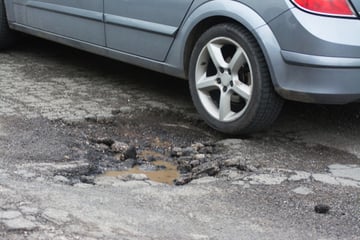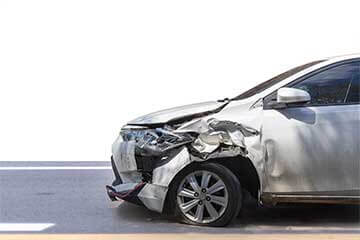"When you buy classic car insurance, the main thing to remember is to get an agreed valuation, which is different to market value. It's an agreed amount that an insurer pays to you if your classic car is damaged or destroyed. By doing this, you can replace your classic car with the same or similar model. Or afford to get it repaired."
"Finally, make sure you check your classic car insurance policy details carefully so you know you have the right cover in place."
















